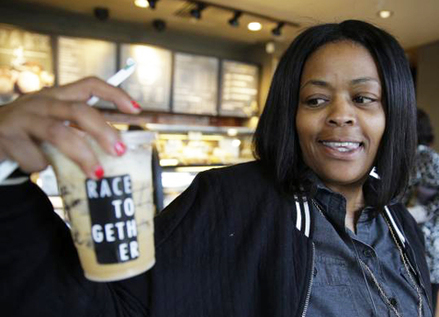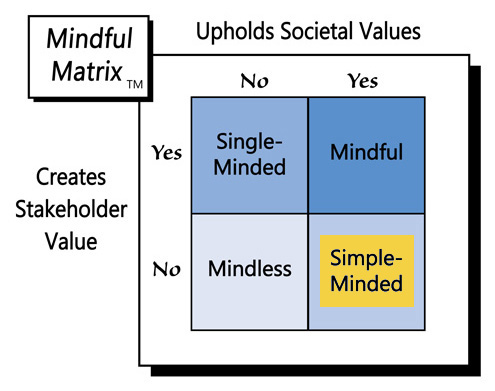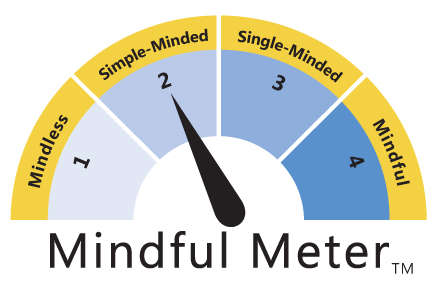Surprised by the second part of the question? You’re not alone. Many Starbucks customers were recently jolted from their java when their cup came back with the phrase “Race Together” printed on the side. Even more shocking were the efforts of baristas to “discuss race issues with customers.”
Why would the global coffee company want to tackle such a tumultuous topic? Starbuck’s CEO Howard Schultz felt unsettled by the nation’s racial unrest and believed it was irresponsible for his firm to remain silent on this important issue. Certainly Schultz was under no illusion that Race Together would solve the problem; however he did see the program as “an opportunity to begin to re-examine how we can create a more empathetic and inclusive society – one conversation at a time.”
Unfortunately, many Starbucks customers and others found mixing coffee beans with complex conversations about human beings to be a bizarre blend. Some doubted the efficacy of forcing these discussions, while others wondered how any meaningful dialogue could be distilled down to such an ephemeral exchange.
True, some consumers passing through retail checkout lines covet extended conversations with cashiers, but most do not. Furthermore, even chatty customers don’t necessarily want to delve into a discussion as delicate as race with someone they hardly know. The Race Together initiative also placed considerable pressure on Starbucks’ baristas, who had to act as ambassadors for race relations while completing their normal job responsibilities in a timely way.
In other words, because of the initiative, Starbucks jeopardized a key part of its core value proposition: efficient counter service, which wasn’t effective marketing. Furthermore, as customers’ reactions to the program suggested, this decreased utility unfortunately wasn’t offset by a noticeable gain in goodwill.
People do appreciate when firms embrace corporate social responsibility, but that CSR needs to feel genuine, not forced. Likewise, it’s best when business benevolence is strategic; i.e., it logically connects to what the company does to deliver value and produce profit. This type of integrated approach to CSR makes more sense to consumers and is more effective for marketers.
Brewing coffee and counseling on race relations is an awkward assembly. Starbucks seems now to have recognized the ill-conceived combination and pulled back on its Race Together program. In sum, the company can be commended for its noble intent to address a very important social issue, but the program’s apparent ineffectiveness along with its likely negative impact on operations makes Race Together a recipe for “Simple-Minded Marketing.”
Learn more about the Mindful Matrix and Mindful Meter.
Check out Mindful Marketing Ads and Vote your Mind!




 RSS Feed
RSS Feed